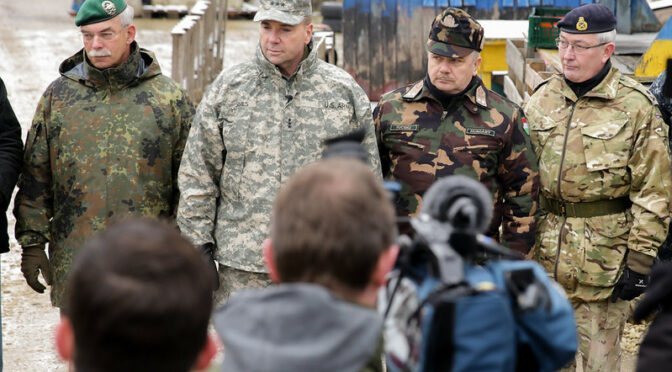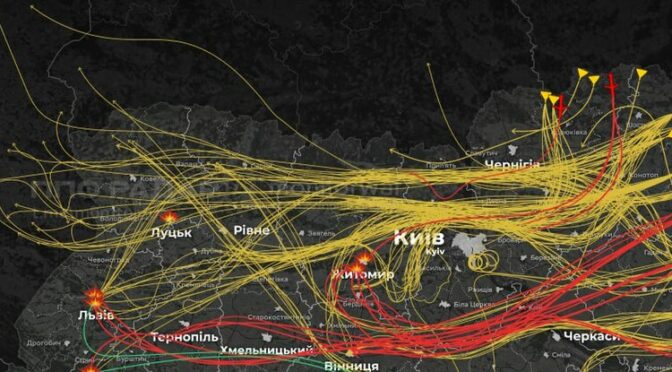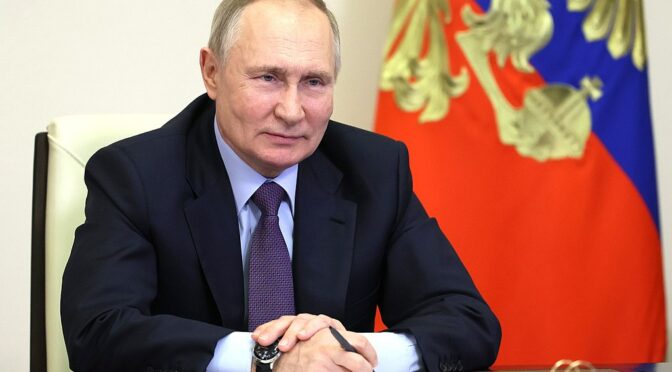Article published in The Daily Telegraph, 8 September 2025. © Richard Kemp
Last week Israel mobilised 60,000 more reservists – almost the size of the entire British regular army – to generate sufficient forces to launch an attack on Gaza City, pretty much Hamas’s last major stronghold. Over the previous week or so the IDF has been ratcheting up pressure on Hamas in the city, including the destruction on Friday of Mushtaha tower, a high rise building used for surveillance and other military purposes. The entire city is infested with terrorists and their infrastructure. Fortifications and military facilities are both above and below ground, and we are likely to see many more tower blocks and other buildings hit in the coming days before the expected assault begins.
There is an estimated one million civilians in Gaza City. Israel has already warned them to move to designated safer areas. Although most obviously want to leave so far only about 90,000 have done so. On Friday Hamas issued a specific order threatening civilians who leave. They are intent on sacrificing their own population to bring international pressure onto Israel to halt its offensive. Egypt is abetting Hamas by refusing to open its borders to give civilians temporary refuge. Most desperately want to find safety in Sinai and on recent visits into the Strip almost every one of the 100 or so Gazans I met told me exactly that. But to the contrary, since Israel declared its intention to deal with Hamas in Gaza City, Egypt has reinforced its defences on the border, fearing IDF advances will trigger overwhelming efforts by civilians to get through. ‘Displacement is not an option and it is a red line for Egypt and we will not allow it to happen,’ Egyptian Foreign Minister Badr Abdelatty said last week. That is a shocking self-indictment which violates Cairo’s binding obligations under international refugee treaties, never mind the demands of ordinary human decency.
In virtually every other conflict around the world, neighbouring states open their borders. For example during the Syrian civil war Arab countries and Turkey took in millions fleeing the fighting. The sparsely populated Sinai peninsula could not only provide immediate refuge, it could also be part of the ‘day after’ plan, allowing Gazans a place to live while the Strip is being rebuilt. One option would be for Saudi Arabia to purchase or lease land there, as it did with other Egyptian territories in 2017, giving Gazans temporary living space and the Egyptian economy a desperately-needed boost.
Meanwhile the IDF has been making immense efforts to ship thousands of tents and other supplies into the south, as well as beefing up the joint US-Israeli humanitarian aid distribution operation. It may be that increasing strikes into Gaza City will open the flood gates before the main offensive begins, as the very real dangers are hammered home, even to the extent of overcoming Hamas’s vicious stranglehold. Israel is legally obliged to do what it can to move civilians out of the danger zone, but that responsibility falls even more heavily on Hamas. By doing the opposite the terrorists are adding to their already bulging catalogue of war crimes.
Israel will have to fully encircle the city as the assault opens up. The IDF is facilitating humanitarian aid into Gaza City at the moment, but that will obviously have to stop as the forces push into the depths of the conurbation. Israel will then be accused of besieging and starving the remaining population by denying entry of food and other essential supplies. Unfortunately that is the unavoidable nature of this type of warfare and is legally permissible under the Hague and Geneva Conventions which were written by people who understood the harsh necessities of war, often from their own bitter experiences. The British military manual on the law of armed conflict makes this clear, providing the anticipated incidental harm to civilians is not disproportionate to the expected concrete military advantage and that the attacking commander allows civilians to leave before the area is sealed off. That process is already under way and given the IDF’s strong emphasis on minimising civilian harm, it would not surprise me if they continue to allow Gazans to leave even after the offensive begins, providing operational conditions permit, perhaps establishing evacuation corridors and defined pauses in hostilities.
The same principle of proportionality and warnings applies to civilians caught up in the fighting. The IDF has already issued general warnings and will no doubt continue to do so. They will also, as they have throughout this war, give specific warnings whenever they are able to civilians in or near locations to be attacked, which they did before striking the Mushtaha tower. The IDF has a more sophisticated system for mitigating civilian harm than any other armed forces in the world, developed over many years of fighting enemies that actually want to maximise the deaths of their own civilians. As well as focused warnings, that includes precision targeting, enabled by the best possible intelligence on both the enemy and civilians, and the use of munitions with the minimum necessary explosive power. Of course none of that will be considered by many in the media and international organizations who will continue to have their perspective manipulated, often only too willingly, by a highly developed Hamas propaganda regime.
As well as combatants and civilians, IDF commanders will be taking particular account of the remaining Israeli hostages, many of whom are believed to be inside the city. Hamas may already have moved some or all of them out or may attempt to do so as the offensive unfolds, depending on what they calculate to be the most effective way to exploit their most important bargaining chip.
Unless Hamas terrorists succumb to the growing IDF pressure, releasing the hostages and pulling out themselves, they will sentence the city and its inhabitants to the level of devastation that they have brought down onto the rest of the Strip. Assuming that does not happen, the coming battle of Gaza City may well be the most bloody fight of the conflict. That will bring massive international opprobrium, not on Hamas where it should fall, but on Israel. Despite the well-established anti-Israel narrative, this offensive is not a matter of choice for Jerusalem but a tragic necessity. No country that wanted to survive could take any other path.







